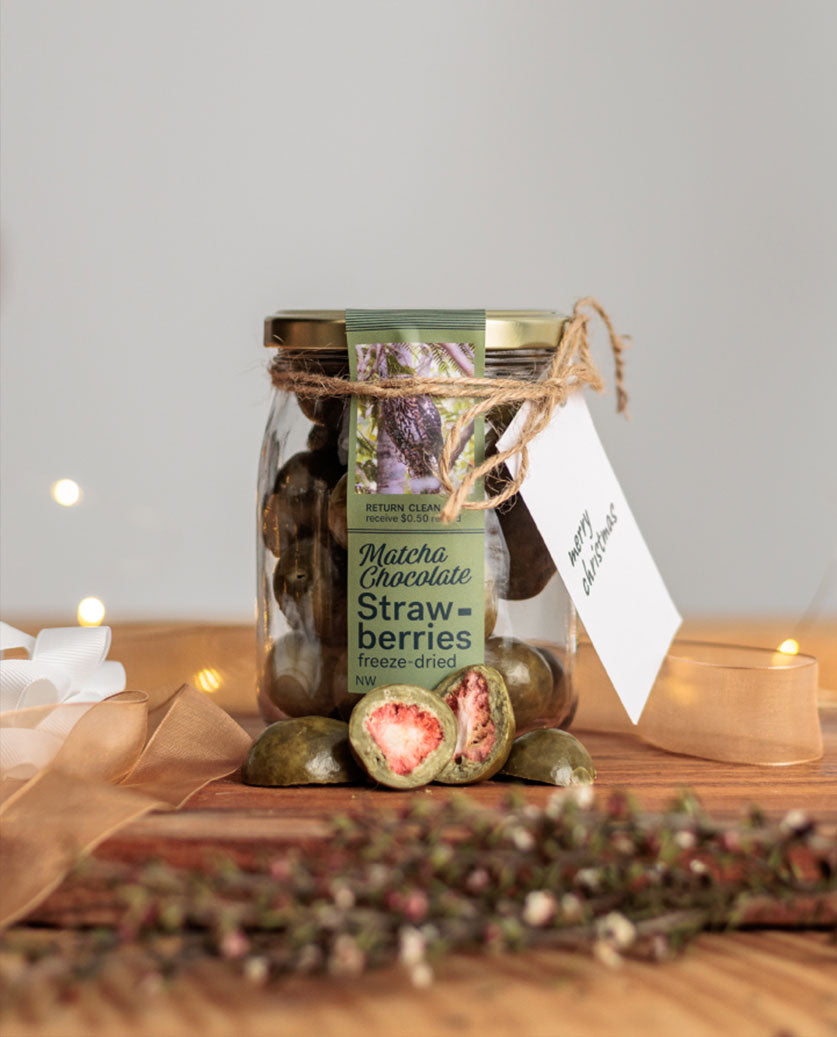How To Go Plastic Free With Kids
One of the biggest challenges of going plastic-free is accommodating the needs of your kids. Bringing up kids in today’s world can seem like you’ve signed up to a single-use plastic subscription service. While it’s a huge task to completely avoid plastic with kids in tow, it’s definitely possible to drastically reduce it.
Switch to cloth nappies
For those mummas out there with the littlest babes, switching to cloth nappies is a simple and rewarding swap. Disposable nappies are super thick and absorbable, they don’t decompose, and they amount to a huge 4 million tonnes of landfill waste per year. Cloth nappies look just like disposable ones but they’re washable, reusable and come in a range of fun prints. There is a common misconception that cloth nappies are really complicated to use… But they really aren’t, with a bit of extra organisation around laundry, you’ll be set!
Food prep
Food on-the-go and in kids’ lunchboxes can create a huge amount of plastic waste. A little extra time and effort into planning and food prep can help avoid that. When it comes to snacking, instead of buying individually packaged (and usually processed) snacks and tetrapak drinks, feed your kids whole fresh fruit like bananas and apples, and make sure everyone in the family has a reusable drink bottle. For sandwiches, wraps and other lunch foods, use a honey wrap as opposed to glad wrap. The fun thing about honey wraps is that they come in many different colours and patterns so the kids will love choosing a wrap for that day.

Use bamboo toothbrushes
One single plastic toothbrush takes 1000 years to decompose. Bamboo toothbrushes are a practical, sustainable swap for the whole family. They are available in all shapes and sizes to suit everyone in the family. Once yours or your kid’s bamboo toothbrush is coming to the end of its life, shave the bristles off the head and recycle the bamboo handle, which will eventually break down in compost.
Buy wooden toys
Another common misconception is that wooden toys are more expensive than their plastic counterpart. Wooden toys definitely don’t have to be expensive – they are abundant in charity shops, second-hand and online. In larger families, ask for hand-me-down toys from older brothers, sisters and cousins. On special occasions like birthdays and Christmas, encourage family members to either re-gift old toys to your kids or choose wooden over plastic.
Get rid of wet wipes
Instead of using disposable wet wipes, use reusable cloth wipes. You can find super soft cotton or bamboo cloths in most baby stores or online. For easy use, have a small bowl of water handy, dunk and use as you would a normal disposable baby wipe. After use, pop it in the washing machine and it will come out good as new! These are ideal for reusing over and over again. Keep a pile of cloths handy to quickly grab for on messy occasions.
Switch to solid soap
To keep ongoing plastic bottles of baby shampoos and soaps out of your house, switch to solid soap bars that come package-free or wrapped in simple, recyclable packaging. Soap bars last just as long, are versatile and do just as good a job cleaning the kids.
Make mealtime plastic-free
Cooking from scratch is the best method when striving to achieve a package-less pantry. Cook for your kids as much as possible (this doesn’t mean it has to be fancy!). Keep pantry staples stocked up so that mealtime doesn’t feel like a tax – rice, pasta, beans, nuts and seeds from GoodFor; fresh fruit and veg, meat and fish from your local stores – all without plastic packaging of course. This will make it easy for you to whip up a nourishing and plastic-free meal at anytime. If you are a super-mum with minimal time to keep your staples stocked up, why not order online?

Throughout the process of creating a zero waste home, chat to your kids about why it’s important so they can feel involved and excited about all these small changes. Be open to the fact that your kids will still receive the odd plastic gift or party pack, and likely be using plastic in kindy and at school in one way or another. It’s the significant changes and behaviours at home that will have an impact on their perspective and the overall waste your home is creating… Or not creating.
 GoodFor
GoodFor



